Botswana
Botswana has become the second nation in the world, after Eswatini, to reach a landmark UN goal towards eradicating AIDS, researchers said Wednesday, in what health experts hailed as "stellar results".
The country has met the so-called "95-95-95" target on HIV diagnosis, treatment and viral suppression several years early, according to a study published ahead of the 24th International AIDS Conference, which opens in the Montréal, Canada, on Friday, July 29.
About one in five people in Botswana live with the virus -- one of the highest rates in the world -- according to the UN AIDS agency (UNAIDS).
The agency wanted 95 percent of HIV-positive people to know their status, 95 percent of those diagnosed on medication and 95 percent of those under treatment to show signs that the virus is being suppressed in their blood by 2025.
But the study led by Botswana's health ministry found the country had already met or surpassed all three thresholds, with a 95-98-98 score. The global average in 2020 was 84-87-90, UNAIDS says.
Bright future
"Botswana is making historic new progress against HIV," Sharon Lewin, president-elect of the International AIDS Society (IAS), told a virtual press briefing presenting the results.
The country is "well positioned to end its HIV epidemic by 2030. To put it simply, these are really stellar results."
Madisa Mine, the study's lead author and a Botswana government virologist, said the results were encouraging: "We have translated a hopeless situation into a situation where now there is hope," he said.
Now both the government and people on medication could look forward to Botswana one day becoming an AIDS-free country, Mine added.
Achievable thanks to govt investment
The paper, which has not yet been peer-reviewed or published in a journal, was based on interviews and blood tests from more than 14,000 people aged 15 to 64.
Another southern African country, the small landlocked kingdom of Eswatini, became the first country to reach the UN target in 2020, UNAIDS says.
UNAIDS deputy executive director Matthew Kavanagh said Botswana's progress was down to a series of factors, including government investment and the rapid adoption of self-testing.
In 2002, Botswana became the first African country to offer free anti-retroviral drugs, which help contain the virus and prevent it from infecting others. And in 2019 the country of 2.3 million people decriminalised same-sex relationships -- something that Kavanagh thinks "has helped to get more and more people into care".
"It's not an easy feat, IAS president Adeeba Kamarulzaman explains. But what it shows is, it is doable with investment and political commitment, as well as communities working to deliver the needed services," she told AFP from Montreal.
Globally, about 38 million people, including almost two million children, were living with HIV in 2020, and more than 600,000 died from AIDS-related illnesses, according to UNAIDS.
Eastern and southern Africa are the worst affected regions, accounting for more than half of all cases.



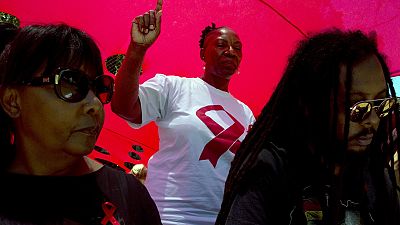

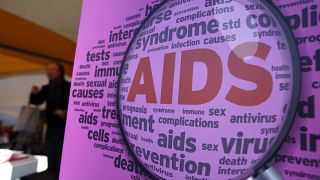
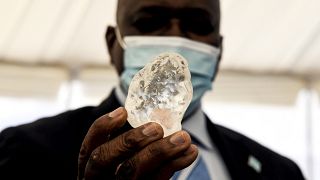

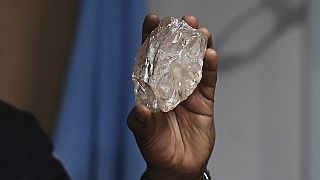
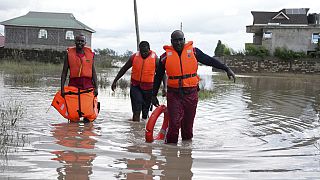



Go to video
Nigeria's market doctors bring healthcare directly to traders
Go to video
Nigerian Football Federation guilty of negligence in footballer's death
01:54
Uganda: the infiltration of plastics into agricultural fields and food raise concern
00:53
Prince Harry resigns as patron of Sentebale amid charity dispute
01:46
Ethiopia: HIV infections soar in post-war Tigray
Go to video
HIV clinic for Johannesburg's gay community closes after aid freeze